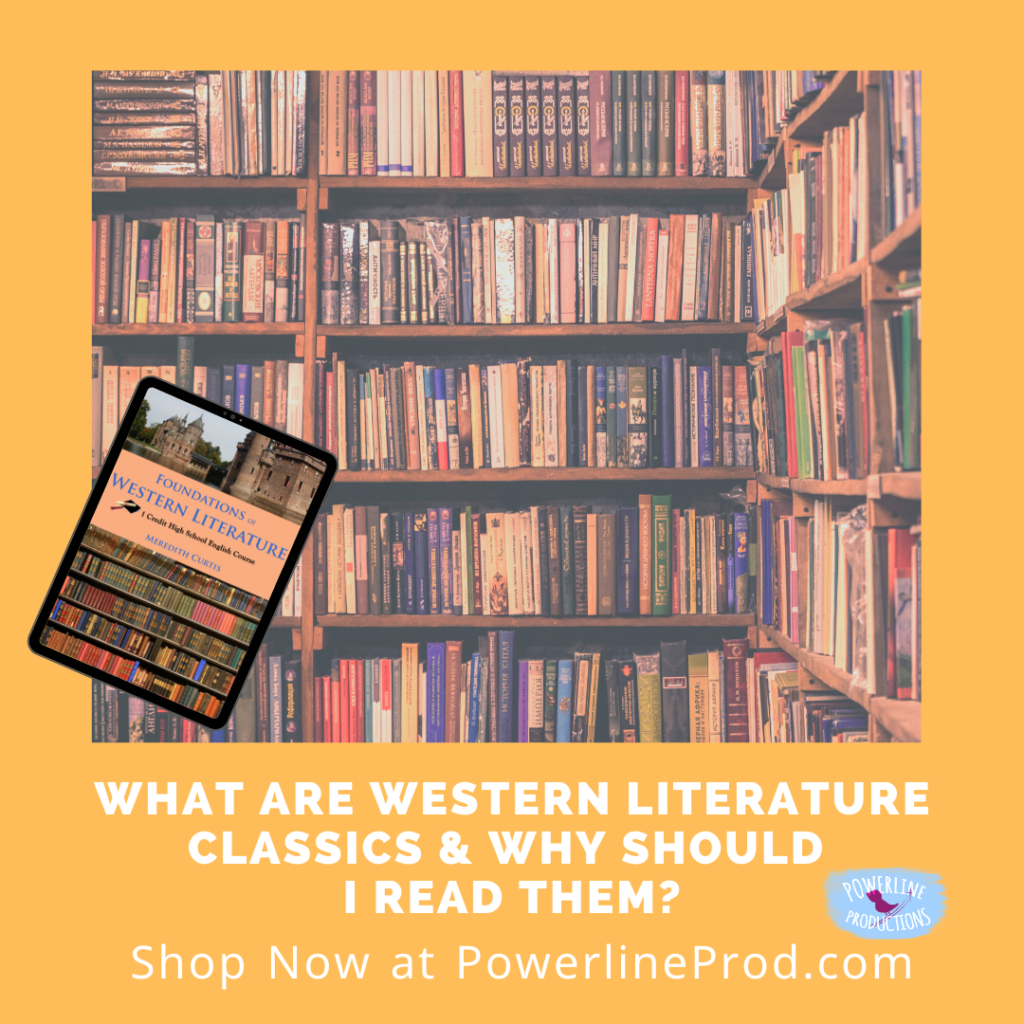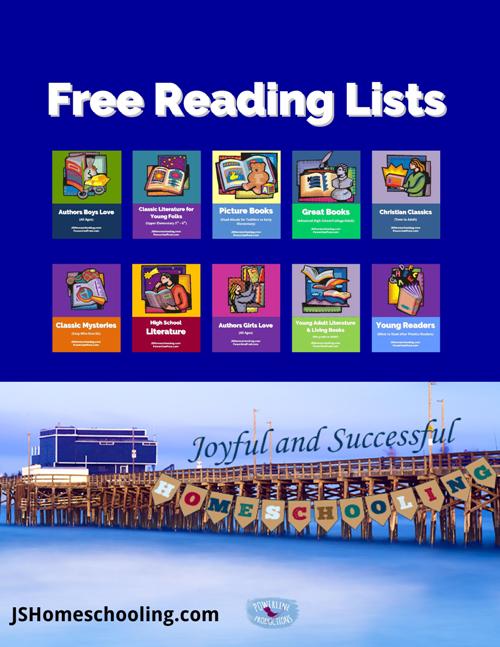Reading the old classics from the Greeks, Hebrews, Romans, and other ancient cultures is like going on an adventure to another time and place. And yet, it seems so familiar. Why is that?
You always hear that you should have your kids read classic western literature. Or if you’re a teen, you know that reading western literature classics is good for you academically. Is it like educational medicine that you just have to take no matter how bitter it tastes?
Hey, let go of that lie!
You will enjoy reading some of the classics, especially if you understand the historical context and realize how many times the plot has been repeated all the way up to modern times.
Western Culture (European, Australian, and American music, art, literature, architecture, and religion) is our heritage in America. It is wonderful to pass on our heritage to the next generation by enjoying great artists like Monet and Rembrandt, classical music like Beethoven and Shubert, and the architecture of cathedrals and castles.
We can’t forget literature! In our family, we love enjoy a large selection of Western literature.
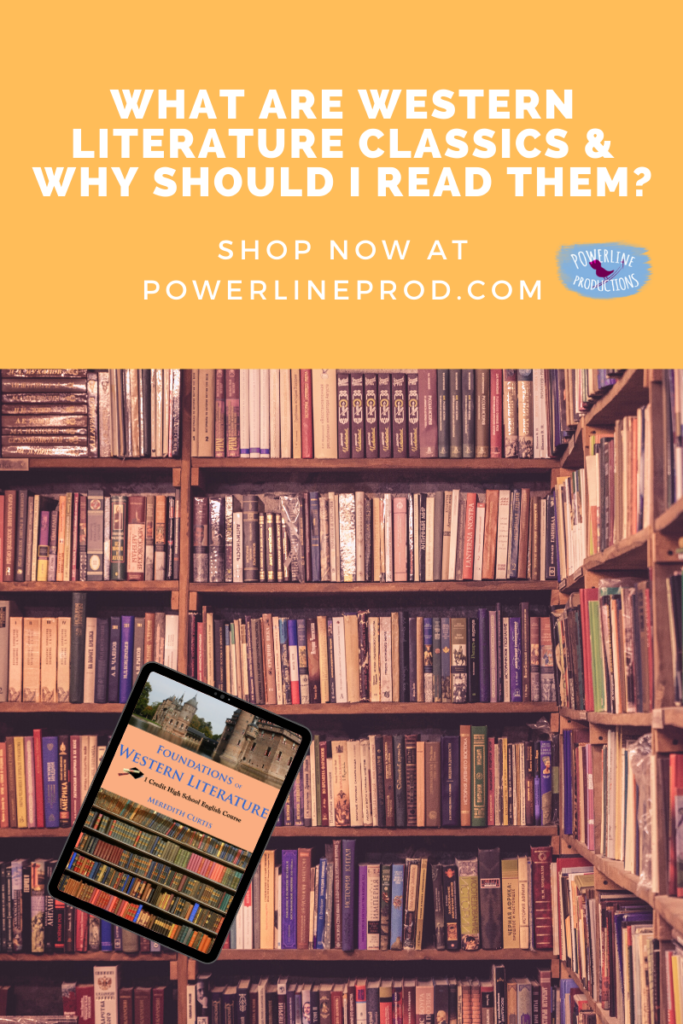
Western Literature has its roots in Ancient Hebrew, Roman, and Greek writings. The Holy Bible, The Aeneid, Aesop’s Fables, The Odyssey, The Iliad, and other classic works are still enjoyed today. Their plots have been repeated over and over in future literary works.
The roots of Western Literature are Hebrew, Christian, and pagan as far as religion goes. Classics such as The Iliad and The Odyssey are filled with idolatry and all the sin that occupies the worship of demons. Hebrew and Christian literature, including The Holy Bible, reveal the One True God and the worship of Him.
I share this because you need to know that just because a book is super-old doesn’t mean it’s wholesome. I find that when we read certain books like The Iliad or The Odyssey, we read abridged versions to avoid the sexual content. This is hard for me because I HATE abridged! However, I found some wonderful authors like A.J. Church from the 1800s who write with advanced vocabulary and vivid description, retelling these stories with clarity and accuracy, except avoiding the smut.
Whirlwind Tour Of Classic Literature
Ancient Western Literature involves older works from Greek city-states, the Roman Empire, Ancient Hebrew writers, Ancient Christian writers, and The Holy Bible itself.
As we move forward in time, Western Literature of the Middle Ages includes epic poems such as Song of Roland, Beowulf, and Canterbury Tales. Histories such as Bede’s Ecclesiastical History of the English People and plays like Pier’s Plowman.
As we move to the Reformation and Renaissance, we enjoy works across Europe, but especially those in England with Shakespeare, Milton, and Defoe, followed by Bunyan, Lamb, and Austen. Poets such as Keats, Shelley, Scott, and Wordsworth still thrill hearts centuries later.
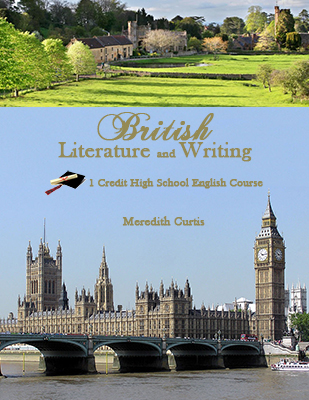
Modern Times sees a flood of literature throughout the 1800s like American James Fennimore Cooper, British Charles Dickins, French Alexandre Dumas, Danish Hans Christian Anderson, Russian Fyodor Dostoevsky, Norwegian Henrik Ibsen, Irish R.D. Blackmore, and Swiss Johann David Wyss.
Along with other Western authors, these men and women produced works of art written on the page, stories to take us to another world, another time. Their literature introduced us to fascinating characters, exciting stories, and timeless messages that transcend time and location.
Western Literature is filled with timeless stories that will delight you and your children. We miss them to our detriment. I don’t know why this great literature impacts our brain the way it does making us think more clearly, increasing our vocabulary, and increasing our intelligence. Are they just old stories, plays, and poems? Yes, they are old, yet timeless, waiting to be enjoyed by another generation.
How We Read Classic Literature: Elementary
With a desire to introduce my children to the world of Classic Western Literature, we start reading these classics in elementary school. Old and new timeless stories fill our children’s days. They read Louisa May Alcott’s Little Women and other books; Charles Lamb’s Tales of Shakespeare; Howard Pyle’s Otto of the Silver Hand, Merry Adventures of Robin Hood and The Story of King Arthur and His Knights; Hans Christian Andersen’s fairy tales; and The Swiss Family Robinson by Johanna David Wyss.
Of course, there are many more we read in elementary and you can check out our Free Book Lists for every age HERE.
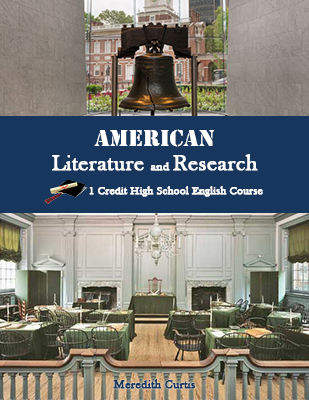
How We Read Classic Literature: Middle School
In middle school, we read Mark Twain’s adventures, meeting Tom Sawyer, Huckleberry Finn, and the king of England.
We visit Avonlea through Lucy Maud Montgomery’s Anne books.
We go on adventures with Rudyard Kipling, Robert Louis Stevenson, C.S. Lewis, Agatha Christie, and Washington Irving.
For more books we read, download your own copies of our Free Reading Lists HERE.
How We Read Classic Literature: High School
In high school, we try to cover whatever is left among great works that we haven’t yet read.
I divide Western Literature up this way: American Literature & Research, British Literature & Writing, and Foundations of Western Literature. In American Literature & Research, we study American works from the Age of Reason to present-day. When we take a year for British Literature & Writing, we start with Beowulf, a Viking epic poem written before the Middle Ages began.
When we study Foundations of Western Literature, we go back all the way to the beginning of time to read Genesis. We also read The Epic of Gilgamesh, or rather a paraphrase since the original is not very wholesome. This is the oldest work available today besides the Bible. We move through time reading the classics and ending with fairy tales. It is so interesting to see how these ancient plots are repeated over and over again throughout the ages. That’s one thing we love to examine as we read these classic stories.
All my children grow up to appreciate timeless literature.
You can check out ALL of our one-credit High school English courses HERE! Each one is centered around classic literature and uses book clubs to discuss the works.
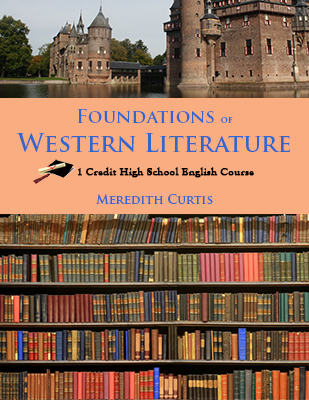
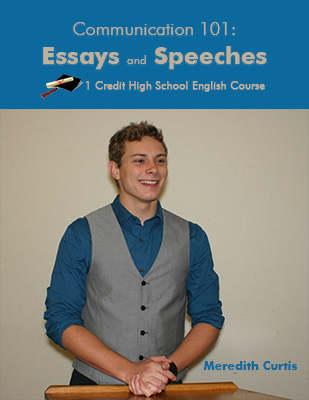
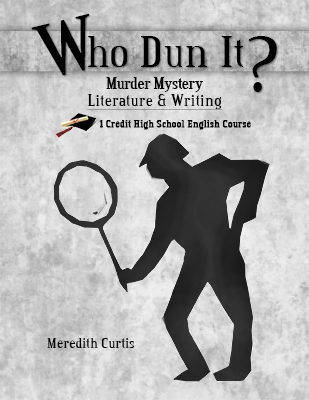
We also have Free Reading Lists for you to download and use to build your own high school library. Check them out HERE! Many parents just bookmark the page to use whenever they need to.
The investment of reading classic western literature is a good one and you will reap the fruit for decades to come.
Until next time, Happy Homeschooling!
Warmly,
Meredith Curtis
